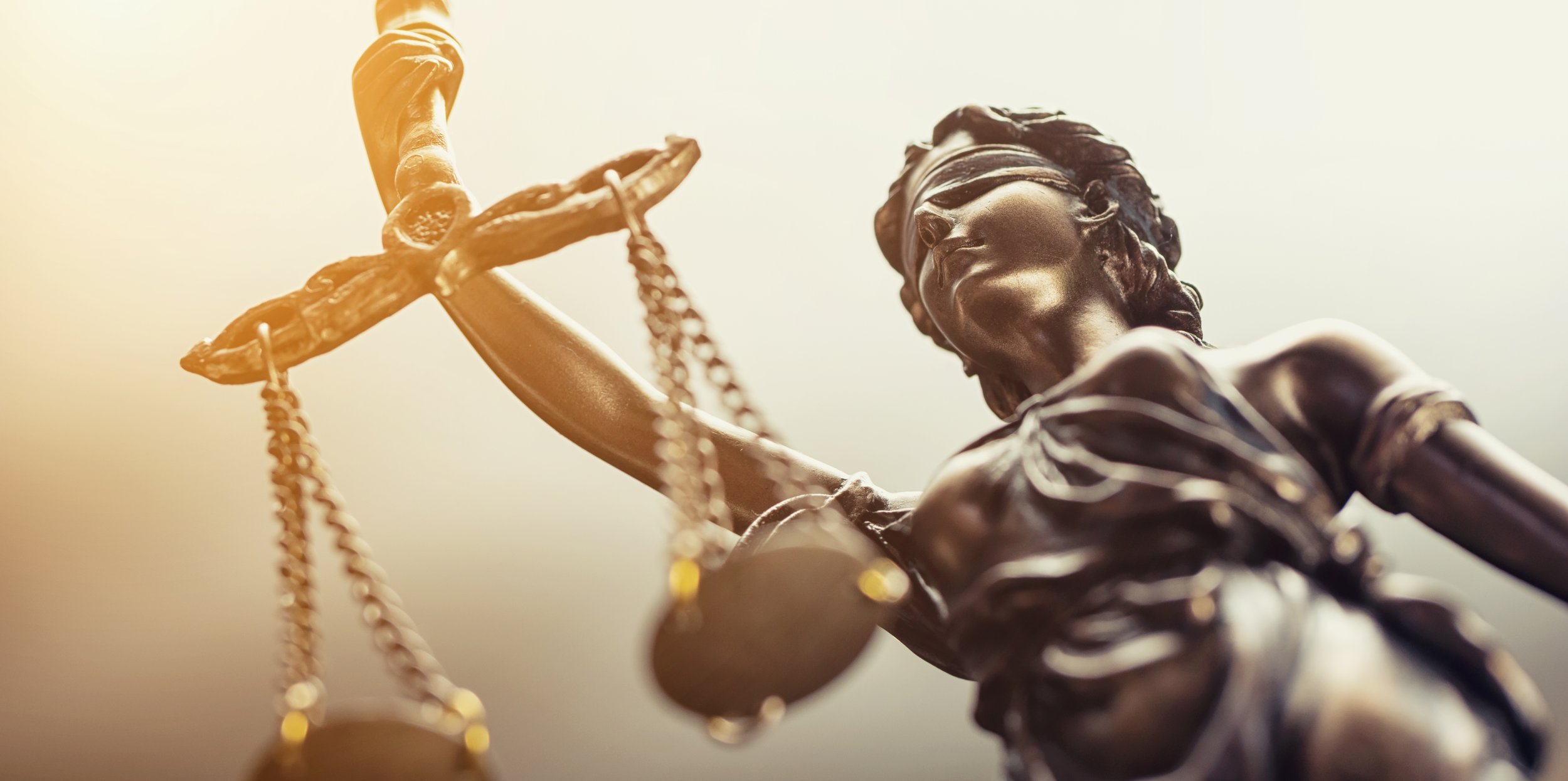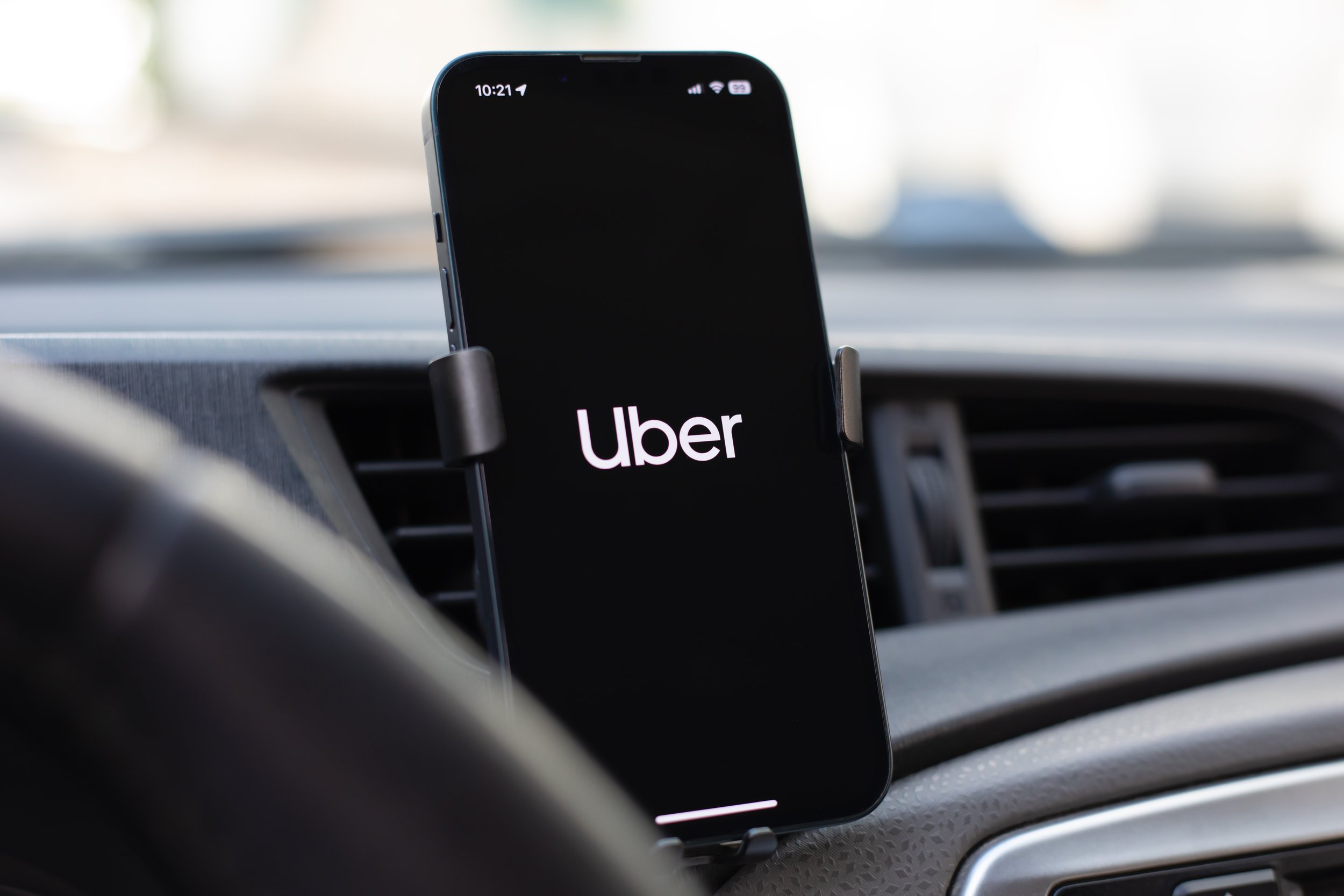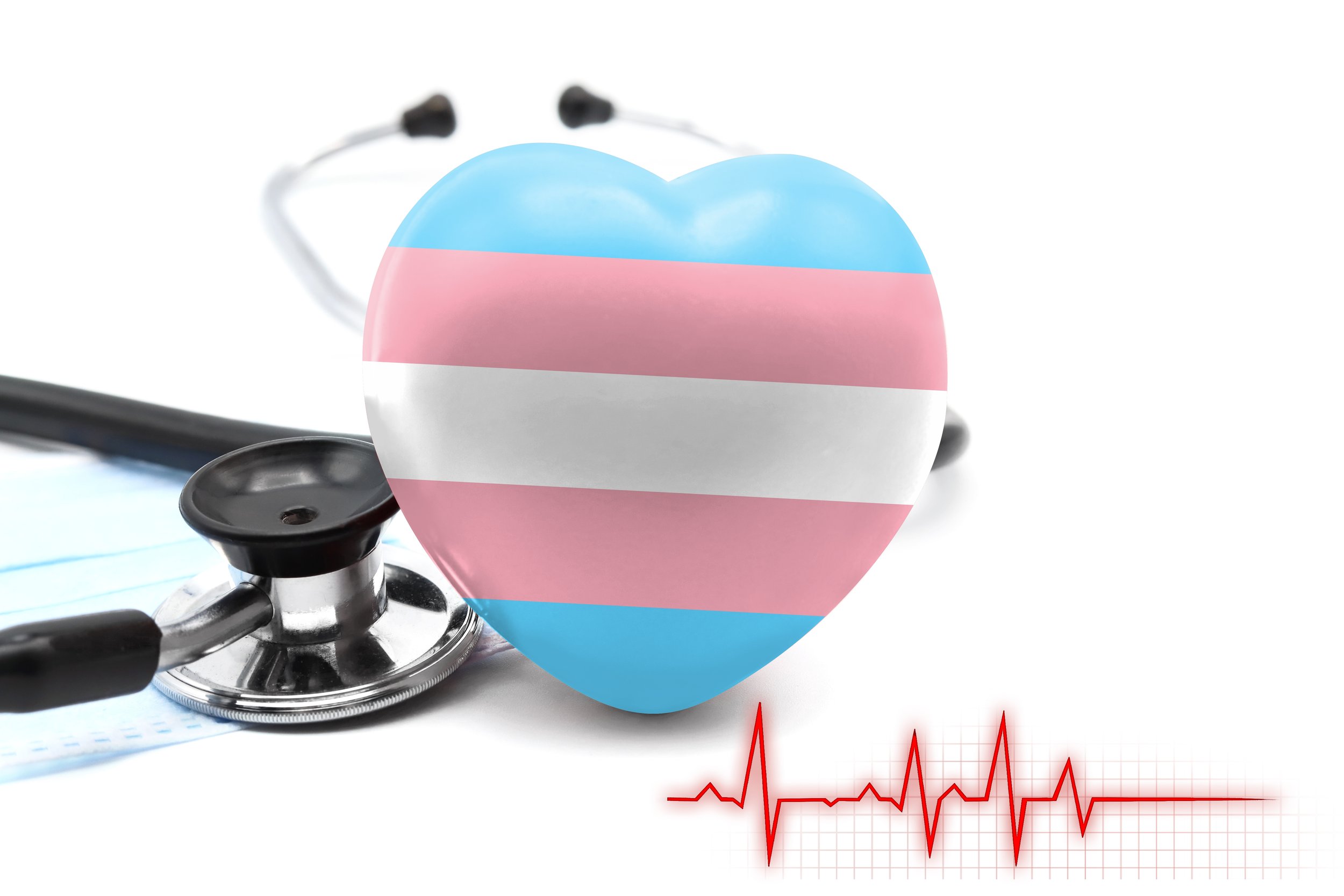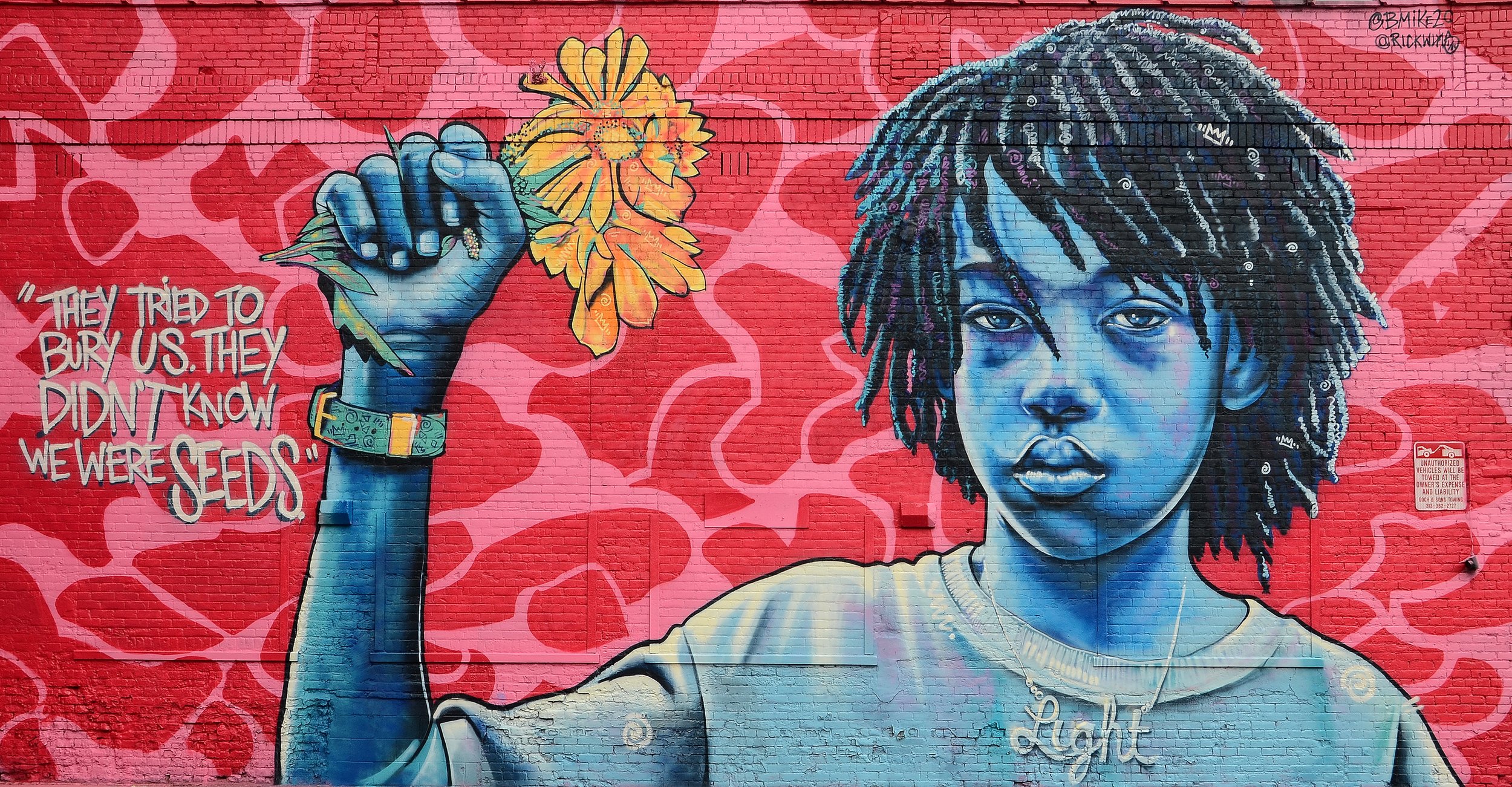Social Justice & Spirituality
Sheila Thomas
“I have the audacity to believe that peoples everywhere can have three meals a day for their bodies, education and culture for their minds, and dignity, equality, and freedom for their Spirits.” Rev. Dr. Martin Luther King, Jr.
Social justice and spirituality are inextricably linked: everything is spiritual from my perspective.
After working for over two decades as a civil rights attorney, I recently completed a three-year Masters of Divinity program at the Pacific School of Religion in Berkeley. My fellow students and I would grapple with the relationship between religion and/or spirituality and the so-called “secular” world.
Working as a lawyer with my colleagues on civil rights issues, I notice that many civil rights advocates make a concerted effort to separate religion and/or spiritual matters from the specific legal, social and political issues on which they focus. For me, as a licensed spiritual counselor and a practicing attorney, the two are intertwined. Although I do not overtly talk about religion and/or spirituality with my legal clients, I bring both sets of skills to the table as I serve them, because my spiritual practices inform who I am in every aspect of my life.
When my legal colleagues learned that I was in seminary, they began to share their personal experiences with me about their views, beliefs and practices about religion and/or church. I shared with them my sense that the reason that they were so committed to equality, justice and fairness was their desire for purpose and meaning. Once they thought about it, they realized that although there were aspects of their former religion that they rejected, the tenets of justice and fairness had stuck with them.
Justice and Fairness Are Spiritual Principles
I grew up in the African Methodist Episcopal Church, founded by Richard Allen because of the discrimination blacks experienced in white Methodist churches. It is not lost on me that much of my legal practice has focused on racial equality for African Americans, in addition to equality for women and other people of color.
Last year, I was with a group of civil rights attorneys and I asked them whether they were Catholic. They were surprised that I had guessed and we discussed how some of the tenets of the Catholic Church, particularly after Vatican II had impacted their views on justice and serving the poor and marginalized. This pattern is not limited to Catholics and I have found the same to be true for some of my Protestant and Jewish colleagues. Sections of the Bible and the Torah provide guidance as to how we are to treat those who are marginalized. Jesus provided similar guidance through his life in how to treat those who live in poverty and/or are excluded from society. These same principles are also espoused in other religious and spiritual traditions.
Spiritual Principles Support Moral Arguments that Favor Fairness and Justice for All People
Scripture and religious ideas were instrumental to the civil rights movement in making a strong moral argument to support the elimination of racial segregation and discrimination. The same is true today and it is important that we not forget that there are important moral questions that are at the core of what we often categorize as political or legal issues.
Religion should not be the central focus of civil rights, but I believe that progressive activists ought to engage like-minded religious and spiritual communities as Dr. King and others did, to support the advancement of equality and fairness. This can be done in a way that respects the religious and spiritual lives of all involved and allows people to be wholly who they are while working on a common goal of justice and fairness for all.
Sheila Y. Thomas
@dayexplorer
Sheila Thomas is a civil rights attorney, spiritual counselor and Master of Divinity. She also serves on the board of the Impact Fund and as a member of our Grant Advisory Committee. For more biographical information, check out her blog, The Daily Explorer.











